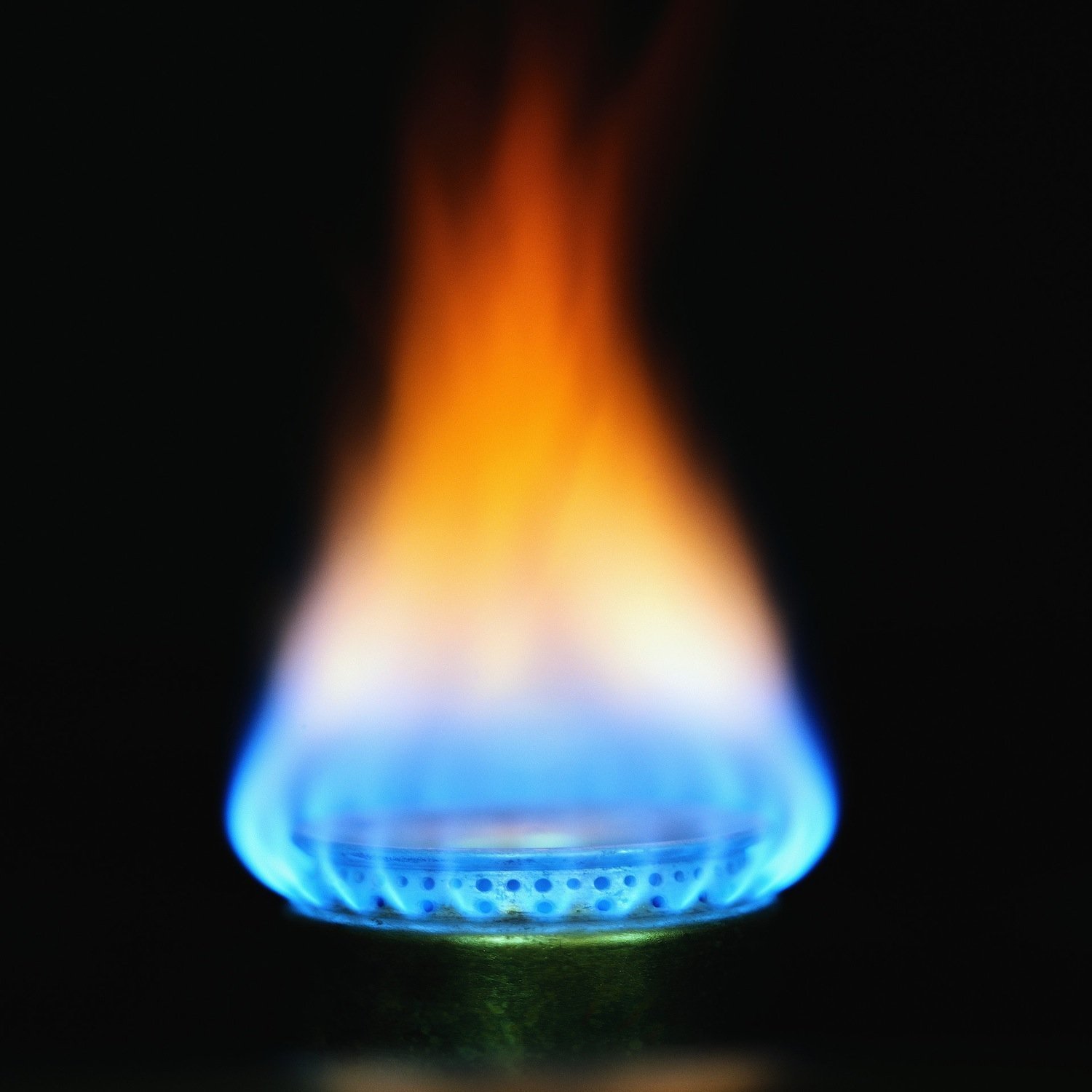Home » Course Layouts » Free Course Layout Udemy
When used correctly, natural gas is a safe, efficient source of power. Burning natural gas does produce some greenhouse gases, but it is still a greener solution than other fossil fuels. Compare gas vs. woodburning fireplaces or electric vs. gas water heaters to see if gas power is right for your home.
0
57
English
English [CC]
- Learn basic syntax that can apply to any language.
- Learn what is a programming language and the basic concepts for beginners.
- Understand what is Javascript in it's truest form.
- Know the basic syntax of Javascript.
- Know some hidden quirks in Javascript.
Description
Natural gas is the world’s cleanest fossil fuel, producing only carbon dioxide, water vapor and small amounts of nitrogen oxide when burned. Natural gas is also used to power a wide range of consumer products, including furnaces, fireplaces, clothes dryers, and stoves. In fact, it’s likely that at least one of your appliances runs on natural gas.
Like almost all sources of energy, natural gas can be dangerous if improperly handled. By following a few simple safety tips (and knowing what to do if you have a gas leak), you can keep yourself and your loved ones safe.
Is Natural Gas Safe in the Home?
When used correctly, natural gas is a safe, efficient source of power. Burning natural gas does produce some greenhouse gases, but it is still a greener solution than other fossil fuels. Compare gas vs. woodburning fireplaces or electric vs. gas water heaters to see if gas power is right for your home. However, natural gas is a flammable material. A natural gas leak in a house can cause potential fires, and inhaling the gas can cause natural gas poisoning. As with electricity, gasoline and other potentially dangerous energy sources, natural gas must be handled with care.Keep small children away from sources of natural gas
Keep small children away from stoves, heaters and other potential sources of natural gas. Teach children how to spot and identify the distinctive natural gas smell, and make sure they know what to do if they think there’s a natural gas leak in the house.Install natural gas and carbon monoxide detectors in your home
Slow gas leaks may not produce enough natural gas smell to be detectable, and even large leaks may not be detected by people with a diminished sense of smell. For these reasons, it is recommended that homeowners use a natural gas detector to alert them to the presence of natural gas. Carbon monoxide detectors do not detect natural gas leaks but can alert you when appliances improperly burn natural gas, kerosene or other fossil fuels. For extra safety, consider installing a carbon monoxide alarm like the plug-in Kidde carbon monoxide alarm or the battery-powered Kidde carbon monoxide alarm.Course content
-
- Knowledge is Safety 00:15:00
- Why Use Natural Gas 00:10:00
- Physical Properties of Natural Gas 00:10:00
-
- Characteristics and Hazards of Natural Gas 00:20:00
- Carbon Monoxide 00:20:00
- Symptoms of CO Poisoning 00:10:00
- Recognizing Emergency Conditions 00:10:00
- Five Basic Emergencies 00:10:00
- What Leads to Emergencies 00:10:00
- Know Your Ignition Sources 00:10:00
- Electrical Ignition 00:10:00
N.A
- 5 stars0
- 4 stars0
- 3 stars0
- 2 stars0
- 1 stars0
No Reviews found for this course.
Instructor
OpenCoursa
Accessible Education for Everyone
5
5
6
24217
4637
We are an educational and skills marketplace to accommodate the needs of skills enhancement and free equal education across the globe to the millions. We are bringing courses and trainings every single day for our users. We welcome everyone woth all ages, all background to learn. There is so much available to learn and deliver to the people.
Explore Free Courses
Access valuable knowledge without any cost.
{"title":"","show_title":"0","post_type":"course","taxonomy":"course-cat","term":"engineering-skills,health-and-safety","post_ids":"","course_style":"free","featured_style":"course6","masonry":"","grid_columns":"clear4 col-md-3","column_width":"268","gutter":"30","grid_number":"4","infinite":"","pagination":"","grid_excerpt_length":"20","grid_link":"1","grid_search":"0","course_type":"","css_class":"","container_css":"","custom_css":""}












